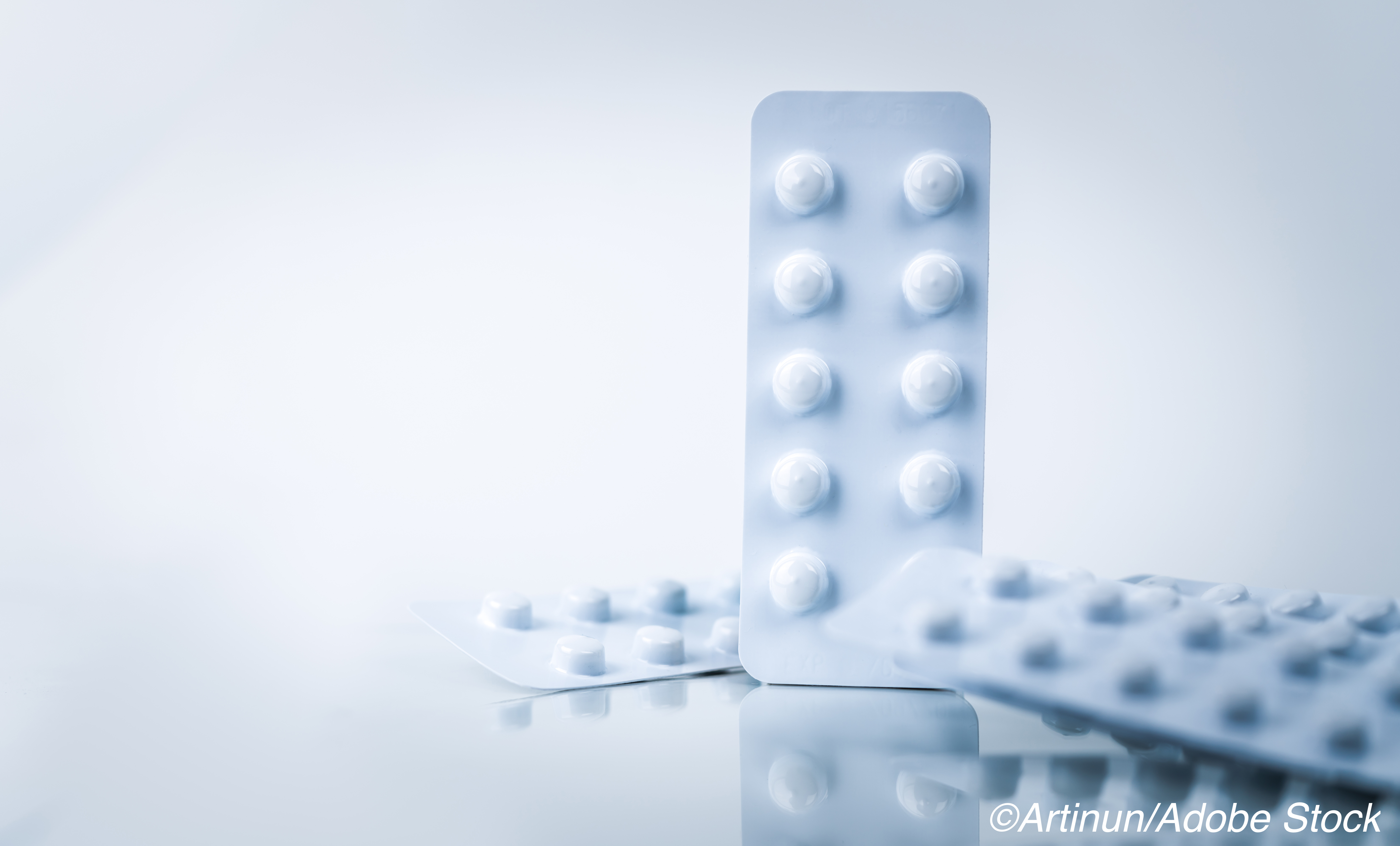Patients hospitalized with Covid-19 who took an anti-inflammatory agent derived from the autumn crocus flower showed significantly improved time to clinical deterioration in the randomized GRECCO-19 clinical trial.
Biochemical evidence of myocardial injury, as measured by peak high-sensitivity tropin levels, was similar among patients treated with the anti-inflammatory drug colchicine and patients in the control group who did not receive the drug.
But colchicine-treated patients had significantly delayed time to clinical deterioration and a smaller increase in dimerized plasma fragmentation D, compared to patients in the control group.
The researchers noted that the definition of clinical deterioration used in the study — 2 grades on the ordinal clinical scale — was highly significant because it generally represents a change in clinical condition which requires invasive or noninvasive mechanical ventilation or death.
The GRECCO-19 clinical trial included patients hospitalized in April with Covid-19 at 16 tertiary hospitals in Greece. Study findings were published online June 24 in JAMA Network Open.
Colchicine was approved by the FDA in 2009 as a therapy for gout and familial Mediterranean fever, but there is evidence that the alkaloid derived from the autumn crocus (Colchicum autumnale), was used as a purgative by the ancient Greeks more than 2000 years ago. Its first recorded use for gout occurred in the sixth century AD.
Colchicine is a microtubule polymerization inhibitor, which also inhibits interleukins 1 and 6, GM-CSF, and the C-C motif chemokine receptor 5 inhibitors.
“The anti-inflammatory action of colchicine is mediated by completely different pathophysiologic routes than that of corticosteroids and nonsteroidal anti-inflammatory agents,” wrote researcher Spyridon Deftereos, MD, PhD, of Kapodistrian University of Athens, Greece, and colleagues.
They noted that colchicine also “inhibits neutrophil chemotaxis and activity in response to vascular injury, inhibits inflammasome signaling and reduces the production of active interleukin-1β, reduces neutrophil-platelet interaction and aggregation and has rapid onset of anti-inflammatory effects when the standard oral regimen of colchicine used for gout flairs is followed.”
“These features suggest that colchicine might combine anti-inflammatory action with an acceptable safety profile, leading to the hypothesis that it might be a safe and effective anti-inflammatory treatment of choice for Covid-19,” Deftereos and colleagues wrote.
Their prospective, open-label trial included 105 patients hospitalized for Covid-19 who were randomized to receive colchicine (1.5-mg loading dose followed by 0.5 mg after 60 minutes and maintenance doses of 0.5 mg twice a day) in addition to standard medical care or standard medical care alone (control group).
Primary end points included maximum high-sensitivity cardiactroponin level; time for C-reactive protein to reach more than 3 times the upper reference limit; and time to deterioration by 2 points on a 7-grade clinical status scale, ranging from able to resume normal activities to death.
Secondary end points included the percentage of participants requiring mechanical ventilation; all-cause mortality; and number, type, severity, and seriousness of adverse events.
A total of 105 patients were included in the analysis (61 [58.1%] men; median [interquartile range] age, 64 [54-76] years), including 50 (47.6%) randomized to the control group and 55 (52.4%) randomized to the colchicine group.
Among the main findings:
- Median (interquartile range) peak high-sensitivity cardiac troponin values were 0.0112 (0.0043-0.0093) ng/mL in the control group and 0.008 (0.004-0.0135) ng/mL in the colchicine group (P=0.34).
- Median (interquartile range) maximum C-reactive protein levels were 4.5 (1.4-8.9) mg/dL vs 3.1 (0.8-9.8) mg/dL (P=0.73), respectively.
- The clinical end point rate was 14% in the control group (7 of 50 patients) and 1.8% in the colchicine group (1 of 55 patients) (odds ratio, 0.11; 95% CI, 0.01-0.96; P=0.02).
- The mean event-free survival time was 18.6 days the in the control group vs 20.7 in the colchicine group (log rank P=0.03), and adverse events were similar, except for diarrhea, which was more frequent with colchicine group than the control group (45.5% vs 18.0%; P=0.003).
The researchers concluded that since the observed improvement in clinical deterioration in the colchicine group was based on a narrow margin of clinical significance “these observations should be considered hypothesis generating.”
In an editorial published with the study, University of California, Los Angeles cardiologists’ Amir Rabbani, MD, Rushi Parikh, MD, and Asim Rafique, MD, wrote that the GRECCO-19 researchers should be commended for “conducting a well-designed, multicenter randomized trial in such a short period of time.”
But they agreed that the findings must be considered hypothesis generating given the study’s small sample size, due to the dramatic reduction in Covid-19 cases in Greece during the study period.
“Nonetheless, the results of the GRECCO-19 trial suggest that colchicine is safe and may improve outcomes in patients with COVID-19,” they wrote. “These data will need to be corroborated with larger, longer-term studies. To that end, there are 12 ongoing trials listed on ClinicalTrials.gov that are actively recruiting patients with COVID-19 to evaluate the role of colchicine.”
Among these ongoing trials are the large outpatient Colchicine Coronavirus SARS-CoV-2 (COLCORONA) trial and the smaller inpatient Colchicine for the Treatment of Cardiac Injury in Hospitalized Patients with COVID-19 (COLHEART-19) trial.
- Colchicine-treated patients in the GRECCO-19 clinical trial had significantly delayed time to clinical deterioration and a smaller increase in dimerized plasma fragmentation D, compared to patients in the control group.
- Biochemical evidence of myocardial injury, as measured by peak high-sensitivity tropin levels, was not significantly different in patients treated with the anti-inflammatory drug colchicine, compared to those who did not receive the drug.
Salynn Boyles, Contributing Writer, BreakingMED™
This study was funded by ELPEN Pharmaceuticals, Acarpia Pharmaceuticals and Karian Pharmaceuticals.
Researcher Spyridon Deftereos reported no relevant relationships with industry related to this study. Several other GRECCO-19 researchers reported receiving fees from pharmaceutical companies and other industry not related to this study.
The editorial authors reported no relevant conflicts of interest.
Cat ID: 914
Topic ID: 74,914,570,914,188,190,926,192,927,151,928,925,934


